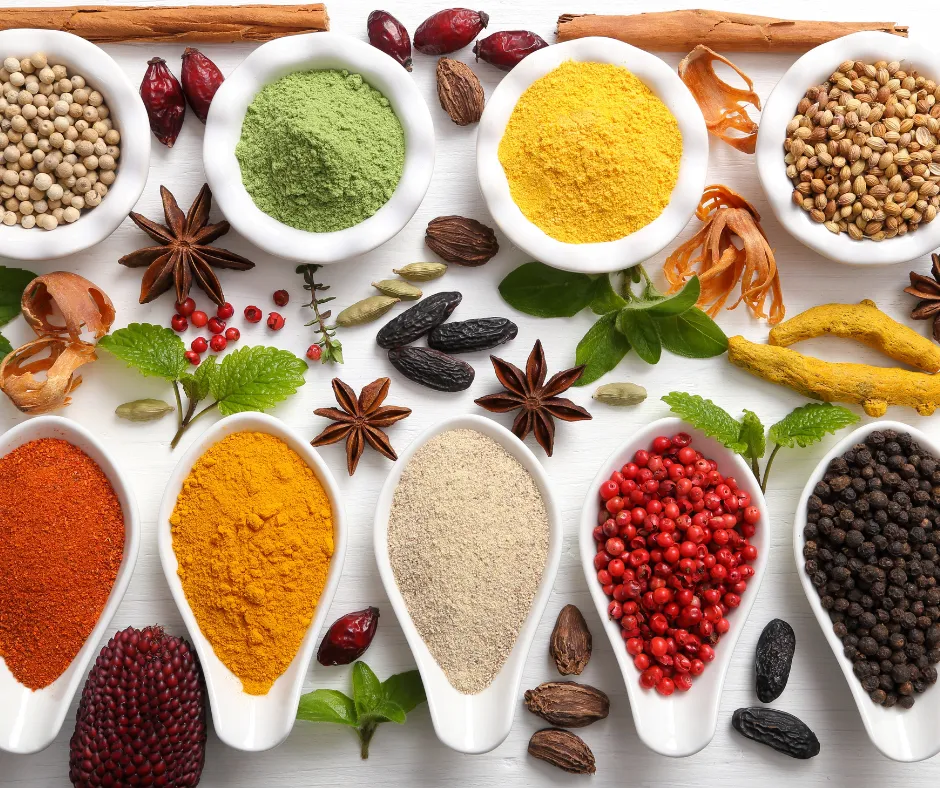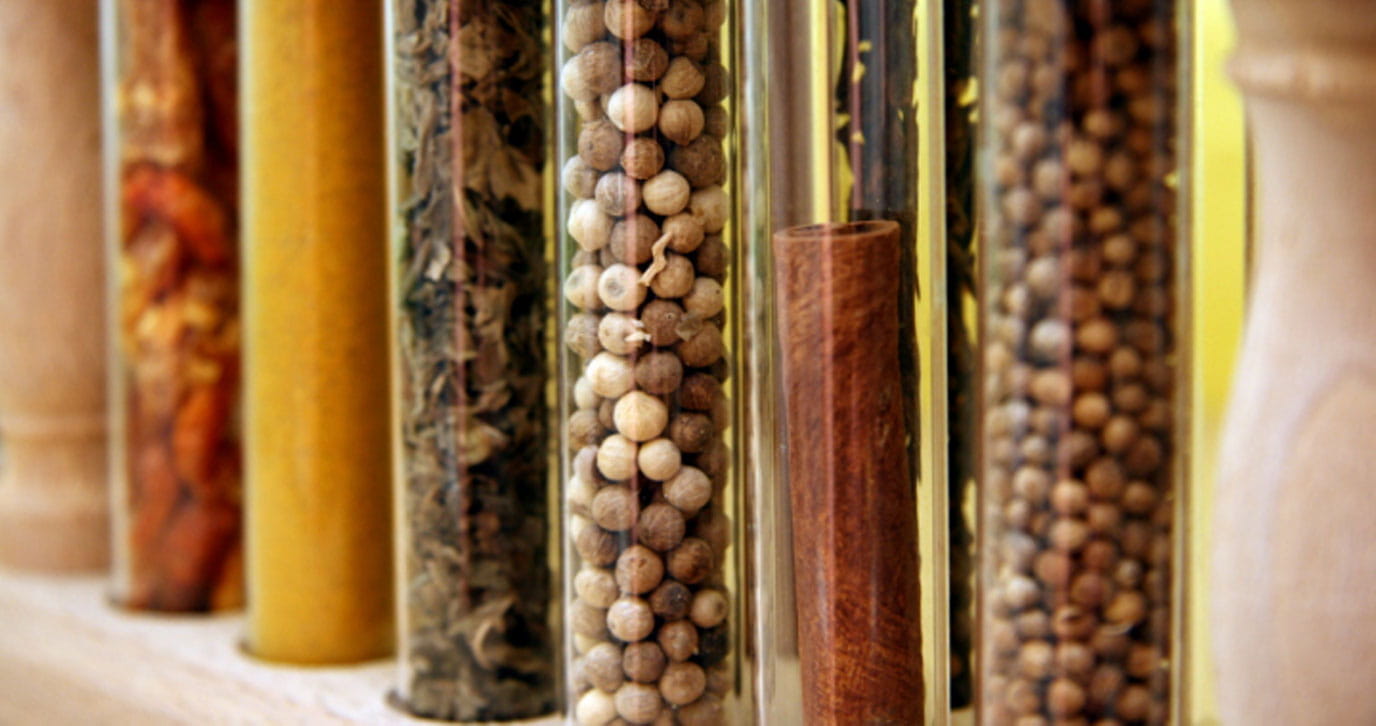November, 2024
Nutrition Education in Primary Care: Comparing Video vs Handout InterventionsEffects of Culinary Spices on Liking and Consumption of Protein Rich Foods in Older Adults
Peters, J.C., Breen, J.A., Pan, Z.

February, 2023 -- Researchers at the University of Colorado Denver conducted a study to assess whether the protein intake of 0.4 g/kg body weight/meal could be achieved among older adults with typical foods and whether culinary spices could enhance protein intake.
Objectives
Insufficient protein intake is a common challenge among older adults, leading to loss of muscle mass, decreased function and reduced quality of life. A protein intake of 0.4 g/kg body weight/meal is recommended to help prevent muscle loss. The purpose of this study was to assess whether the protein intake of 0.4 g/kg body weight/meal could be achieved with typical foods and whether culinary spices could enhance protein intake.
Methods
A lunch meal test was conducted in 100 com- munity-dwelling volunteers; 50 were served a meat entrée and 50 were served a vegetarian entrée with or without added culinary spices. Food consumption, liking and perceived flavor intensity were assessed using a randomized, two-period, within subjects crossover design.
Results
Within the meat or vegetarian treatments, there were no differences in entrée or meal intakes between spiced and non-spiced meals. Participants fed meat consumed 0.41 g protein/kg body weight/meal, while the vegetarian intake was 0.25 g protein/kg body weight/meal. The addition of spice to the vegetarian entrée significantly increased liking and flavor intensity of both the entrée and the entire meal, while spice addition only increased flavor for the meat offering.
Conclusions
Culinary spices may be a useful tool to improve the liking and flavor of high-quality protein sources among older adults, especially when used with plant-based foods, although improving liking and flavor alone are insufficient to increase protein intake.
Clinical Trial Registration: ClinicalTrials.gov, identifier: NCT05175391.
Reference:
Peters, J.C.; Breen, J.A.; Pan, Z. Effects of Culinary Spices on Liking and Consumption of Protein Rich Foods in Community-Dwelling Older Adults. Nutrients 2023, 15, 1172. https://doi.org/10.3390/ nu15051172






